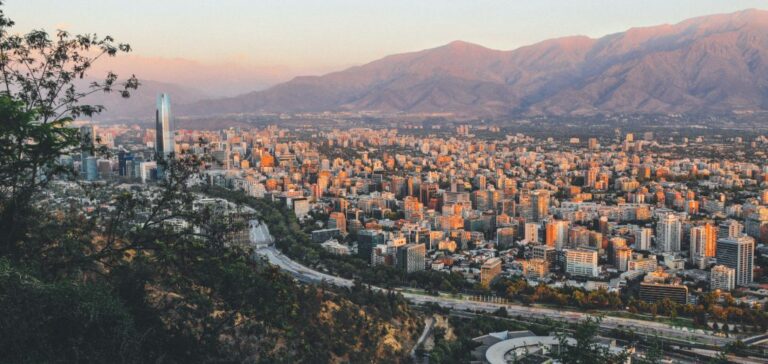Chile experienced an unprecedented power outage on February 25, 2025, which paralysed nearly 95% of its 20 million inhabitants. The incident began at 3:16 PM local time (6:16 PM GMT) during the peak of the summer season, with temperatures exceeding 30°C. The situation forced thousands of people to walk home, disrupting traffic and prompting authorities to declare a state of emergency. Santiago’s metro, which carries around 2.3 million passengers daily, was evacuated, and other forms of transport quickly became overcrowded.
The Chilean government lifted the curfew imposed the day before and swiftly ordered an investigation to determine the causes of the failure. According to Minister of Energy, Diego Pardow, the private companies responsible for managing the network failed to adhere to security protocols and existing standards. “We will seek those responsible and impose severe penalties,” he stated. Authorities emphasised that the outage was caused by a technical problem involving a failure in electricity transmission between two circuits, triggered by a malfunction in the control system of a power plant in the north of the country.
Impact on the economy and industry
The outage had significant consequences for the Chilean economy. The state-owned copper company, Codelco, announced that its operations had been temporarily affected, although the precise impact on production is still being evaluated. Copper, which accounts for approximately 10 to 15% of the country’s GDP, is a key sector for the Chilean economy. The outage also disrupted the Viña del Mar International Festival, one of Latin America’s most important cultural events, with the third night of the festival being postponed.
Authorities have not yet estimated the total losses, but the situation has highlighted vulnerabilities in Chile’s power grid, despite its reputation as one of the most reliable in the region. Many households and businesses, including those in strategic sectors, suffered from the prolonged power cut, leading to significant economic disruptions.
Political reactions and crisis management
President Gabriel Boric reacted strongly, calling the outage “scandalous” and pointing the finger at the responsible companies. Chilean authorities announced that the investigation could take several weeks before clear responsibilities are established. This type of crisis fuels political tensions, especially as the country prides itself on having one of the most efficient grids in South America. Public and political reactions suggest that a revision of procedures and improved monitoring of infrastructure is expected in the near future.






















